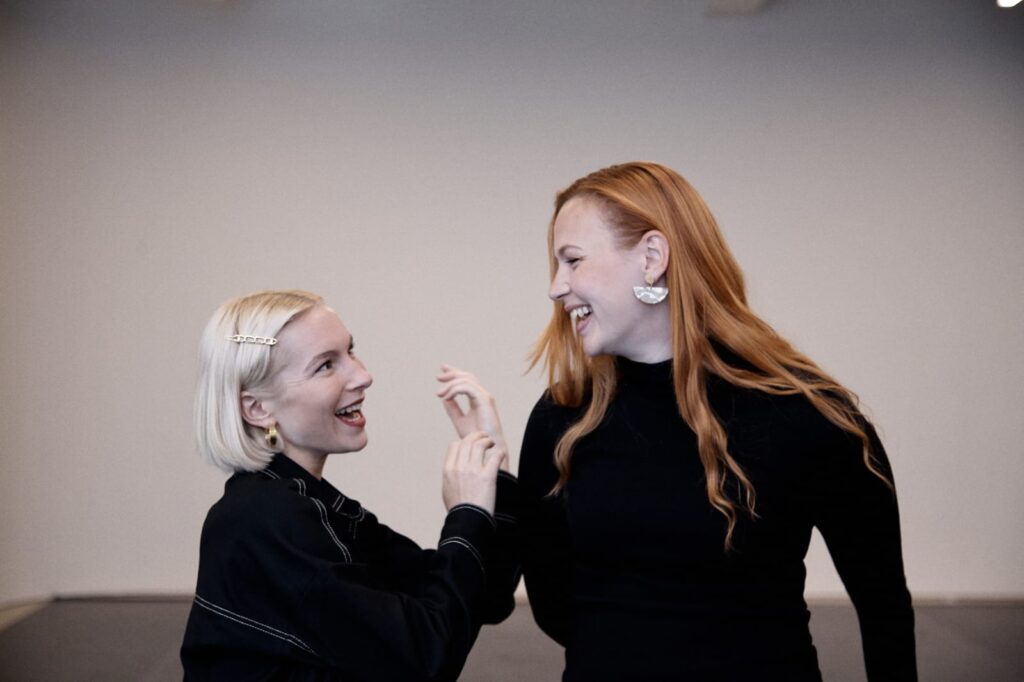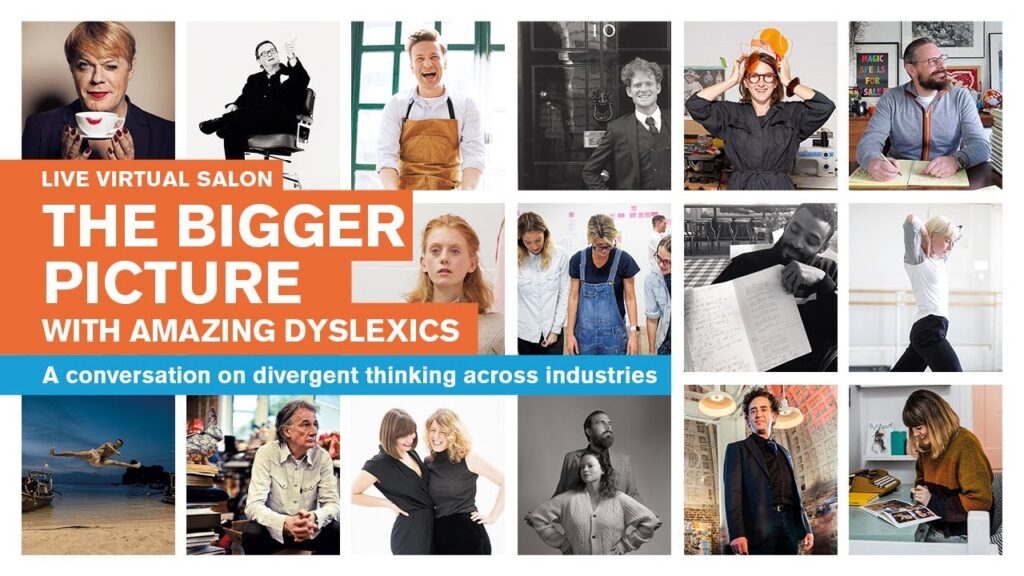
Sign up to find out more
If you are interested in Helen’s research on Complementary Cognition and would like to find out more, enter your email address for updates.


The theory of Complementary Cognition explains how humans evolved to specialise neurocognitively in different but complementary ways of searching for information that work together as a complex adaptive system. This may be key to understanding our species’ exceptional capacity to adapt through behavioural and technological adaptation. As a consequence of specialisation, our species most effectively adapt as groups made up of individuals with complementary cognitive abilities. The huge advantage of this is that it enables our species to adapt much faster and more flexibly. Such adaptiveness lies at the heart of our species’ success. The downside is that if groups are not made up of complementary cognitive abilities, group behaviour and culture can quickly become maladaptive and unsustainable with significant negative consequences.
We believe that what lies at the foundation of many of the problems we see today is the difficulty of adapting at scale, and a lack of awareness that we adapt through complementary cognition. For most of our existence, humans primarily lived in highly collaborative hunter-gatherer tribes. For this system of collective cognition to enable us to adapt at scale, we need to be aware of it so that we can design and build systems from education to the economy that nurture different ways of thinking as well as effective communication and collaboration. Harnessing the power of complementary cognition – combining different cognitive search abilities – would enable humans to co-create superior technologies, solve more complex problems and accelerate successful and sustainable adaptation to the significant changes we face.

Keynote co-speaker at Dyslexia Show 2023.

Keynote speaker at the UNITE SpLD (Specific Learning Difficulties) Conference 2022.

People with dyslexia are specialised to explore the unknown, which is likely to play a key role in human adaptation.

Complementary cognition could help society solve pressing problems such as climate change.

Move Beyond Words amplifies the voice of artists with dyslexia through live dance works, events, films and a podcast.

If you are interested in Helen’s research on Complementary Cognition and would like to find out more, enter your email address for updates.
© 2023 Complementary Cognition. All rights reserved. Brand and website design by Pixel Chefs.